Airport security is a pivotal aspect of the global aviation industry, ensuring both the safety of passengers and the smooth operation of airports. However, how does New Zealand's airport security measure up against global standards? Given the country's unique geographical position and its importance in the Asia-Pacific region, understanding these dynamics is crucial for investors interested in the aviation and tourism sectors.
Case Study: Auckland International Airport – A Benchmark in Security
Problem:
Auckland International Airport, as the largest and busiest airport in New Zealand, faced the challenge of maintaining top-tier security while efficiently handling increasing passenger numbers. The airport needed to ensure that security processes did not impede passenger experience, which could negatively impact tourism—a vital component of New Zealand's economy, contributing about 5.8% to the GDP in 2022 (Source: Stats NZ).
Action:
In response, Auckland International Airport implemented advanced security technologies, such as biometrics and automated screening lanes. They partnered with global security firms to adopt best practices and invested in staff training to enhance threat detection capabilities.
Result:
These measures led to a significant improvement in security efficiency. Passenger wait times reduced by 30%, and the airport maintained its position as one of the safest globally, according to a 2023 report by the International Air Transport Association (IATA).
Takeaway:
New Zealand's airports can leverage advanced technology to balance security and customer experience effectively. As the aviation industry evolves, integrating cutting-edge solutions will be crucial for maintaining high standards.
Expert Opinion & Thought Leadership
Dr. Sarah Thompson, an aviation security expert at the University of Auckland, emphasizes the importance of adapting to emerging threats in airport security. "New Zealand must continuously benchmark against international standards and adapt to technological advancements. The use of AI in threat detection is not just a trend but a necessity," she advises.
Globally, airports are increasingly adopting AI and machine learning to enhance security protocols. For instance, Heathrow Airport in London has successfully integrated AI to reduce false security alerts, which could serve as a model for New Zealand airports. As AI becomes more prevalent, Kiwi airports must consider its implementation to remain competitive and secure.
Pros and Cons of New Zealand’s Airport Security
Pros:
- Advanced Technology: Use of biometrics and AI enhances threat detection and efficiency.
- International Collaboration: Partnerships with global firms ensure adherence to the latest security protocols.
- Passenger Experience: Reduced wait times improve the overall travel experience.
Cons:
- High Costs: Implementing cutting-edge technology requires significant investment.
- Privacy Concerns: Increased use of biometrics raises issues around data protection.
- Technological Dependence: Over-reliance on technology could pose risks if systems fail.
Common Myths & Mistakes in Airport Security
Myth: "More security personnel equate to better security."
Reality: While manpower is important, technological integration is essential for effective security. Automation can enhance efficiency and accuracy, reducing human error (Source: IATA 2023).
Myth: "Biometrics infringe on privacy more than traditional methods."
Reality: When implemented with robust data protection measures, biometrics can be more secure and less intrusive than manual checks (Source: Privacy Commission NZ 2023).
Future Trends & Predictions
By 2030, it is predicted that 90% of global airports will use AI-driven security measures (Source: Deloitte Aviation Report 2023). New Zealand must align with this trend to maintain its status as a secure and efficient travel hub. With the government prioritizing technological investment, as seen in the recent $2 billion allocation to digital infrastructure (Source: MBIE 2023), New Zealand is on track to lead in airport security innovation.
Conclusion
New Zealand's airport security stands strong against global standards, blending advanced technology with strategic international partnerships. However, ongoing investment and adaptation to emerging technologies are critical. For investors, the focus should be on supporting innovative security solutions that ensure efficiency and safety. What’s your take on the future of airport security in New Zealand? Share your insights below!
People Also Ask (FAQ)
How does New Zealand's airport security impact its tourism industry?
New Zealand's robust airport security enhances passenger safety and experience, crucial for maintaining its appeal as a tourist destination. Improved security measures can lead to increased tourism revenue, contributing significantly to the economy.
What are the biggest misconceptions about airport security?
A common myth is that more security personnel mean better security. In reality, integrating advanced technology like AI can enhance threat detection more effectively than increasing manpower alone.
Related Search Queries
- New Zealand airport security standards
- Biometric security in NZ airports
- Global airport security comparisons
- AI in airport security
- Future of airport security technology







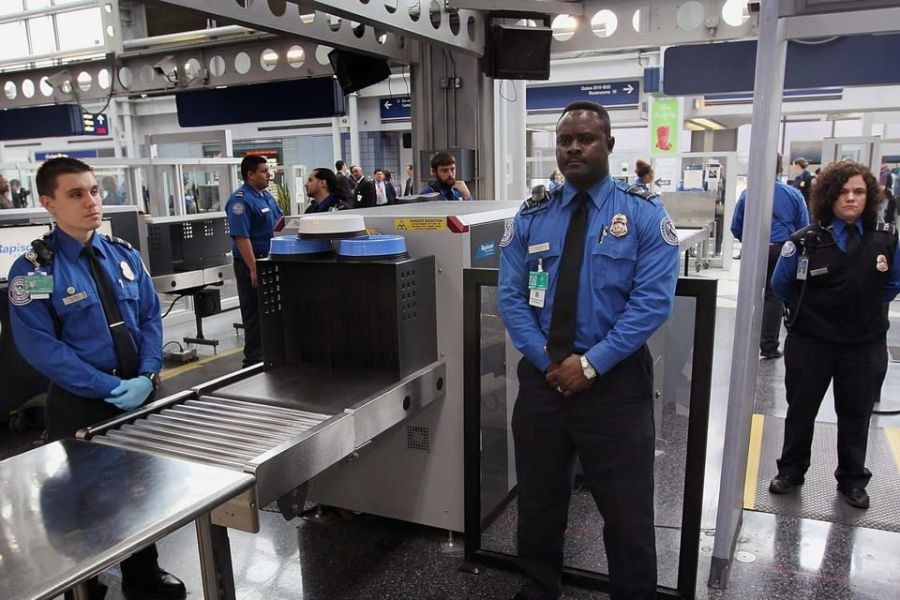





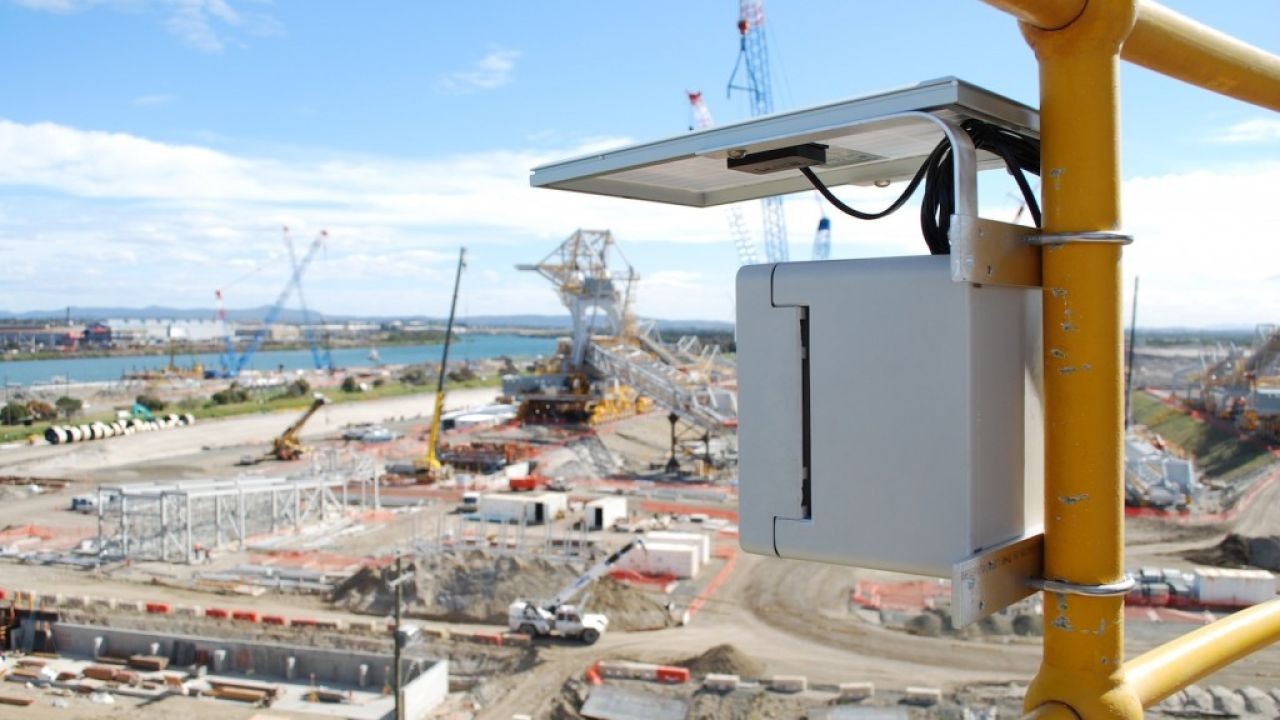
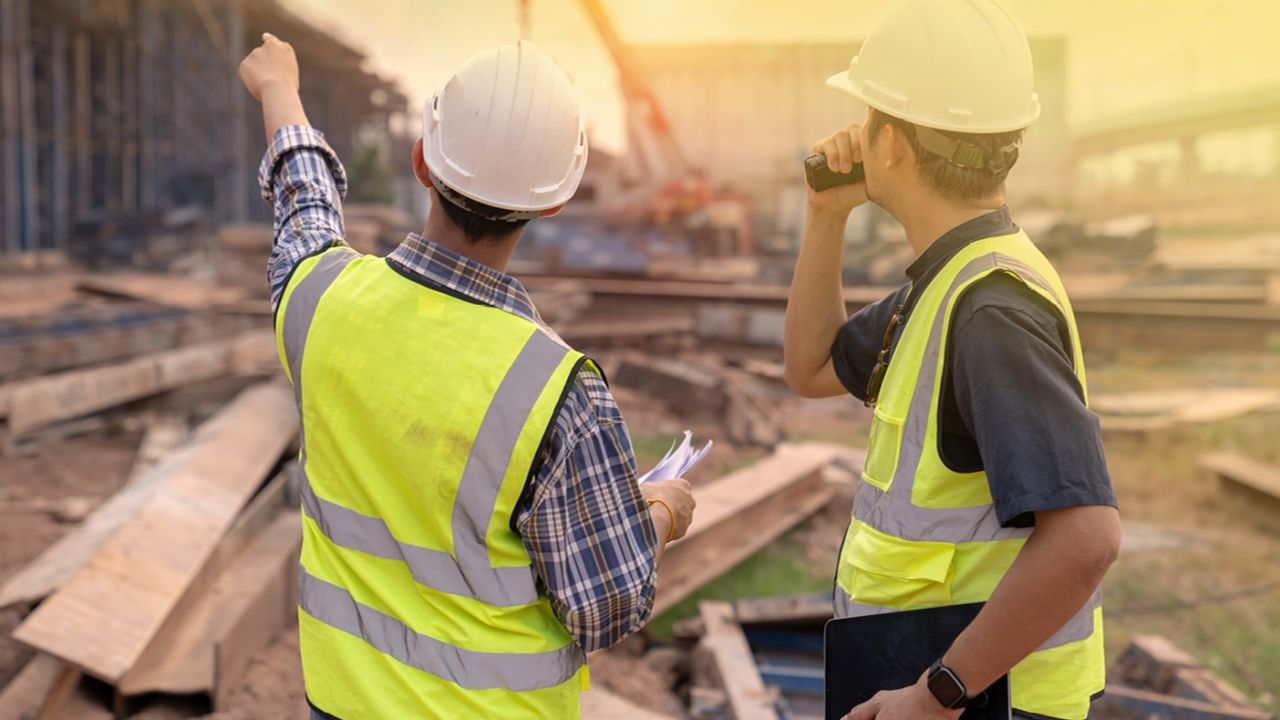
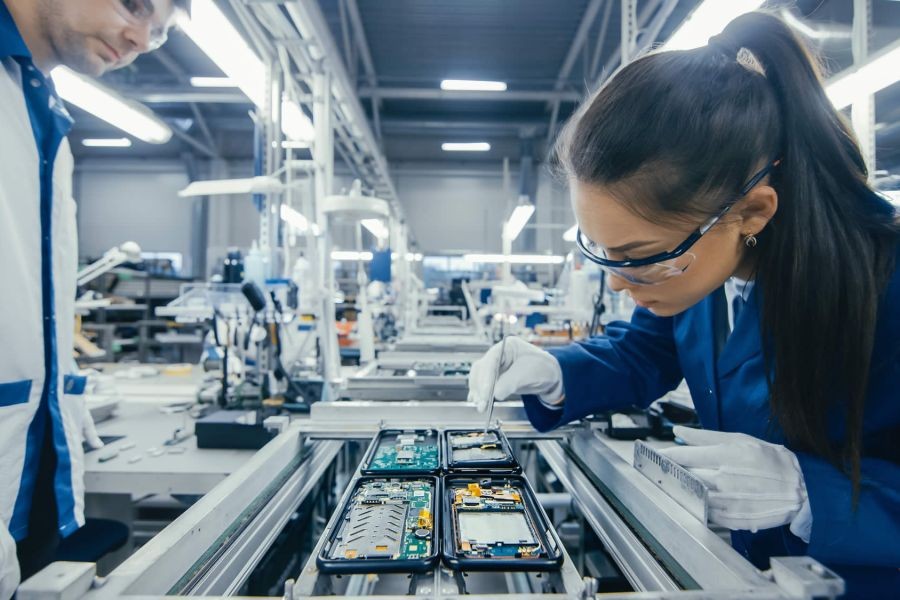




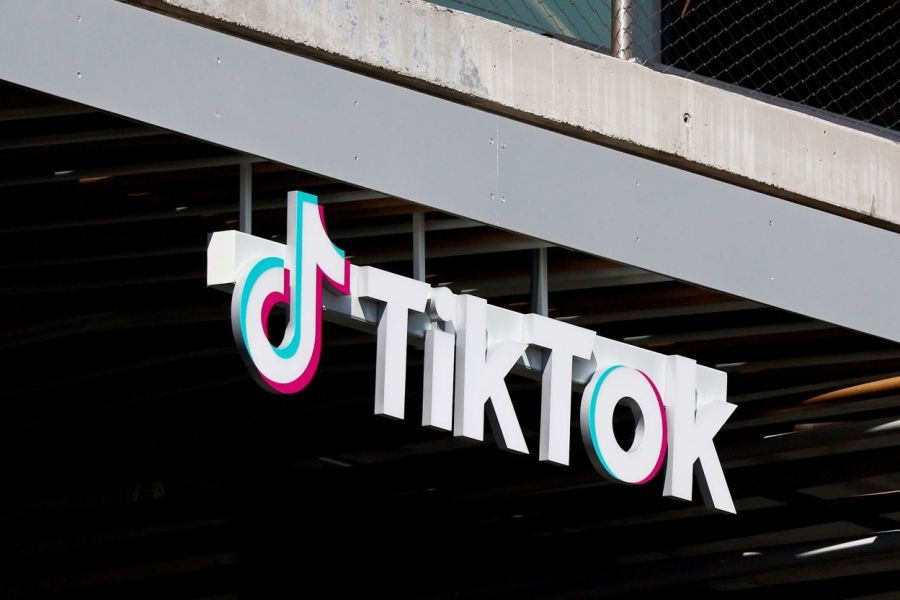













Advance Pest Control
9 months ago